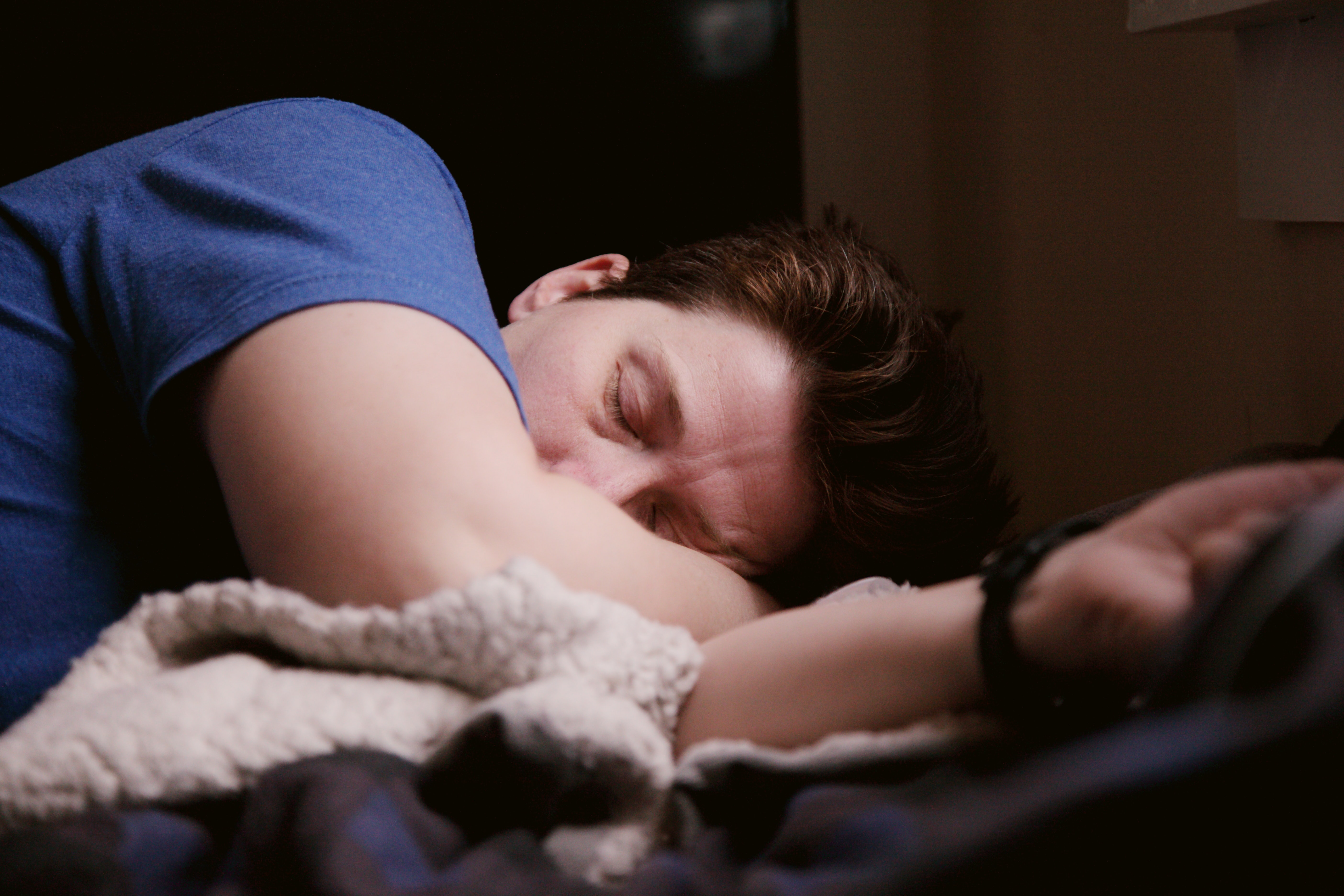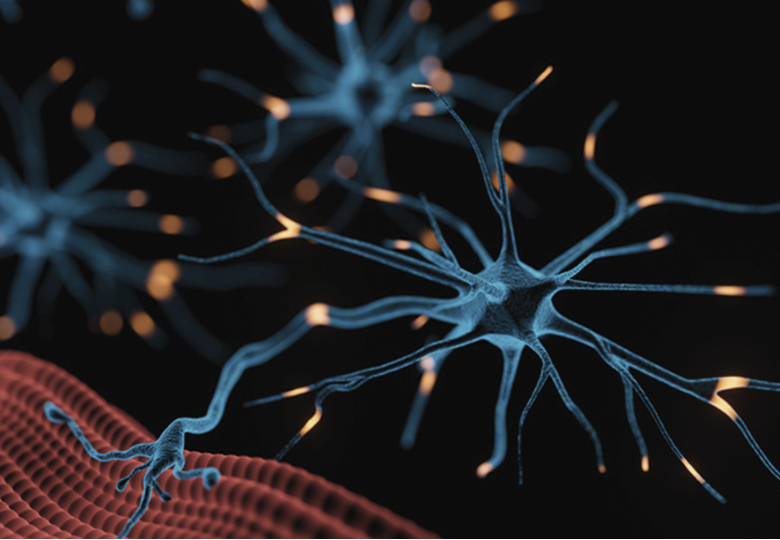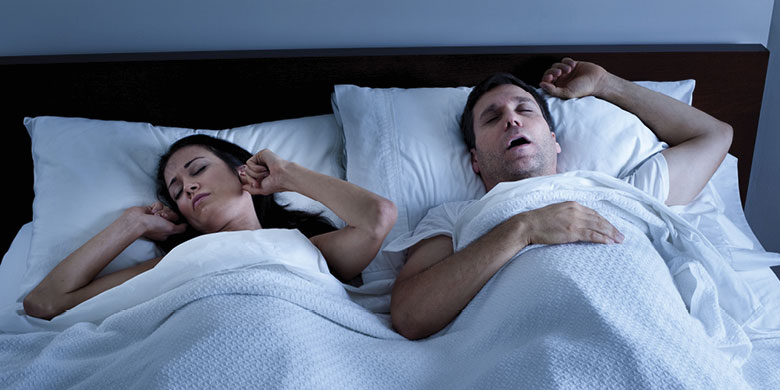


What is Sleep Apnea?
Sleep Apnea is a sleep disorder characterized by pauses in breathing or instances of shallow or infrequent breathing during sleep. The most common type is obstructive sleep apnea, where the muscles of the throat relax too much. This causes a blockage in the airway, leading to snoring and disrupted breathing patterns. Some symptoms of sleep apnea include:
- Loud snoring
- Gasping for air during sleep often observed by your sleep partner
- Daytime sleepiness, known as hypersomnia
- Morning headaches
- Irritability
- Difficulty concentrating
- Waking up with dry mouth or sore throat
If you suspect you have sleep apnea, it’s important to consult a healthcare professional for proper diagnoses and treatment.

Diagnosis and Testing Process
Diagnosing sleep apnea involves a comprehensive sleep study, which may be conducted at a local sleep center or using a home-based sleep test administered by a Independent Diagnostic testing facility (IDTF). During the study, the patients breathing patterns, oxygen levels, brainwaves for sleep and other relevant factors are monitored to assess the presence and severity of sleep apnea.
Once diagnosed, the treatment options for sleep apnea are determined by your healthcare provider and often include lifestyle modification, such as weight management, as well as the use of continuous positive airway pressure (CPAP) therapy.
Types of Sleep Apnea
There are three types of sleep apnea:
- Obstructive Sleep Apnea (OSA): This is the most common type of sleep apnea and occurs when the muscles in the throat relax, leading to a partial or complete blockage of the airways during sleep.
- Central Sleep Apnea (CSA): This type of sleep apnea occurs when the brain fails to send signals to the muscles that control breathing. As a result, the individual may experience periods of shallow or paused breathing during sleep.
- Complex Sleep Apnea: This type of sleep apnea is a combination of both obstructive sleep apnea and central sleep apnea. In involves a mix of the symptoms and causes of both OSA and CSA. It is important to note that regardless of the type, sleep apnea can have serious implications and should be properly diagnosed and treated by a healthcare professional. Treatment can help ease reoccurring symptoms and might prevent heart issues or other medical complications in the future.

CPAP Therapy
Continuous Positive Airway Pressure therapy is a common treatment for obstruction sleep apnea. It involves using a CPAP machine, which delivers a continuous flow of air through a mask worn over the nose or over the mouth and nose during sleep. The air pressure from the CPAP machine keeps the airway open, preventing pauses in breathing and the associated disruptions in sleep. The benefits of using your CPAP machine each night may include:
- Improved sleep quality
- Eliminates snoring
- Improved daytime sleepiness
- Increased energy and alertness
- Reduction of associated health risks such as: High Blood Pressure, Heart Disease, Stroke, or Diabetes
- Improved mental health such as: Depression, Moodiness, or Irritability



